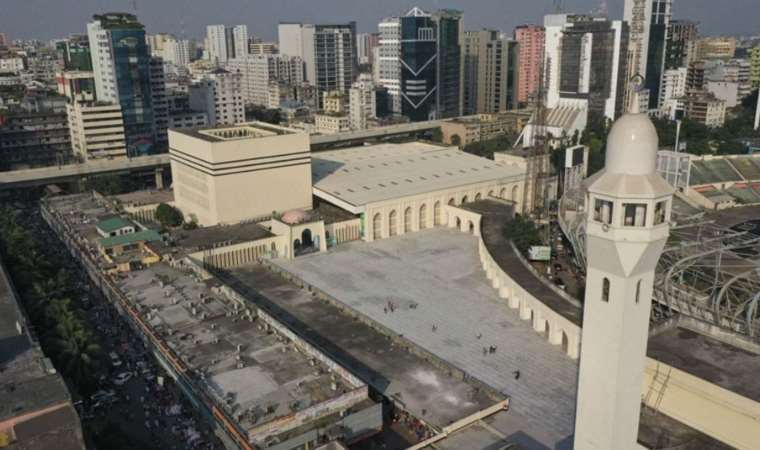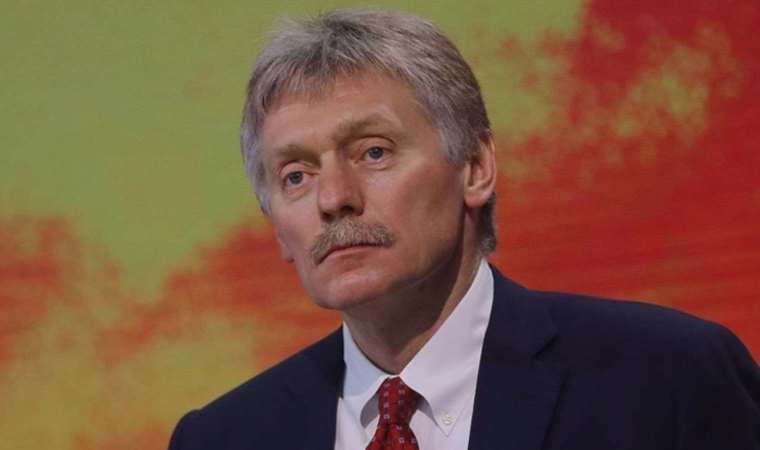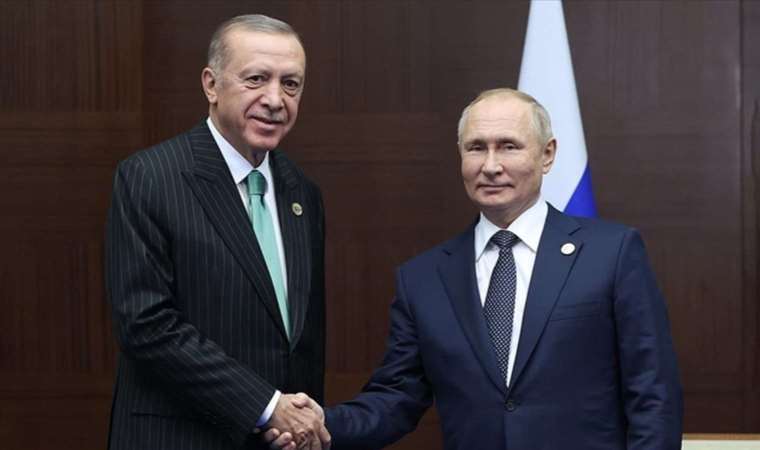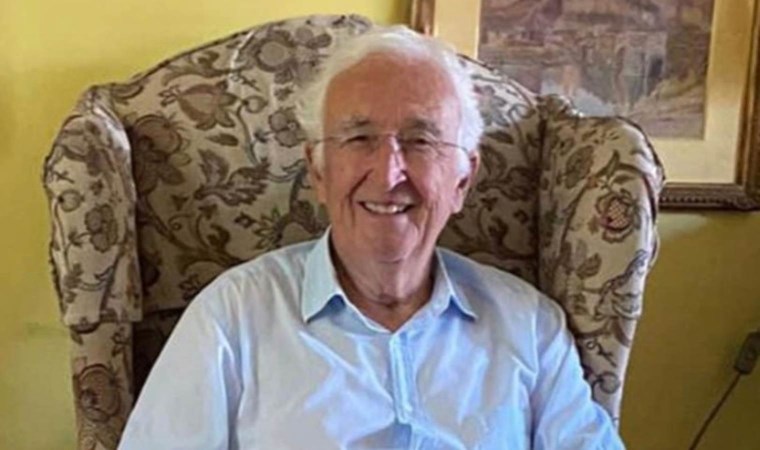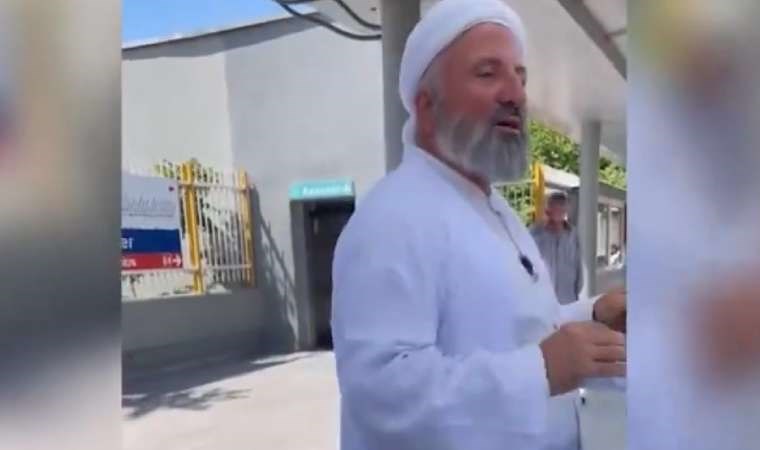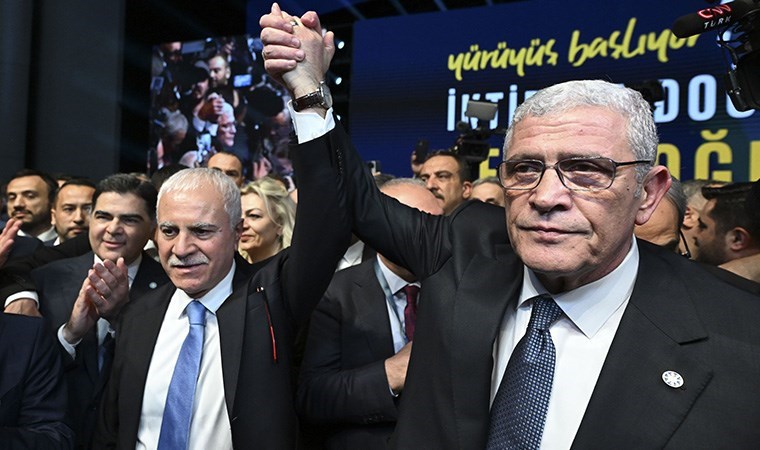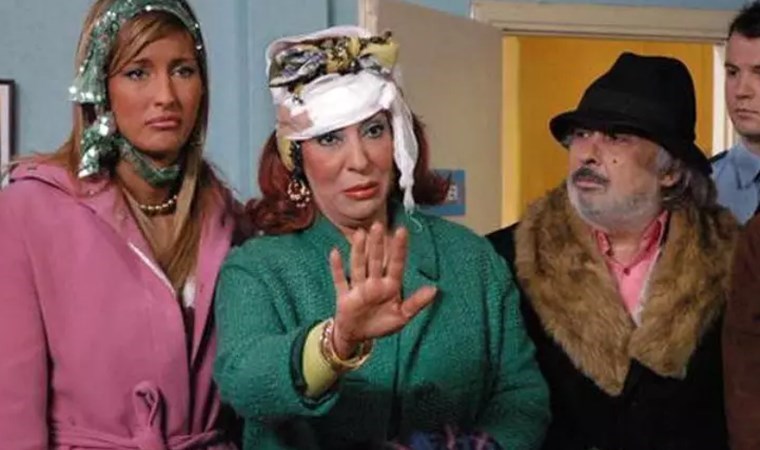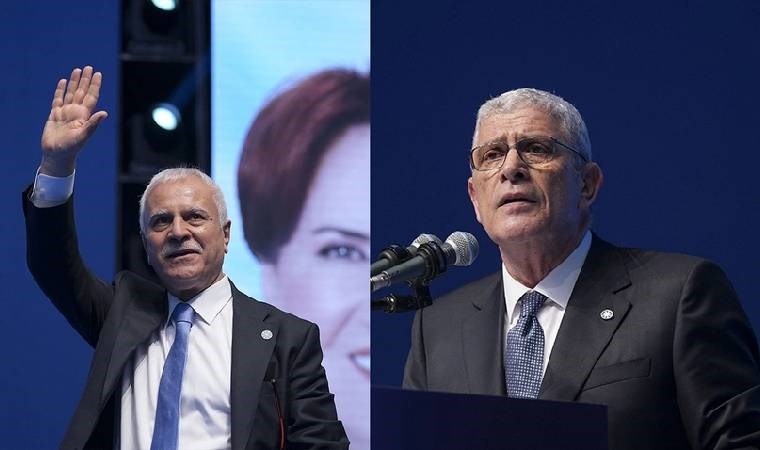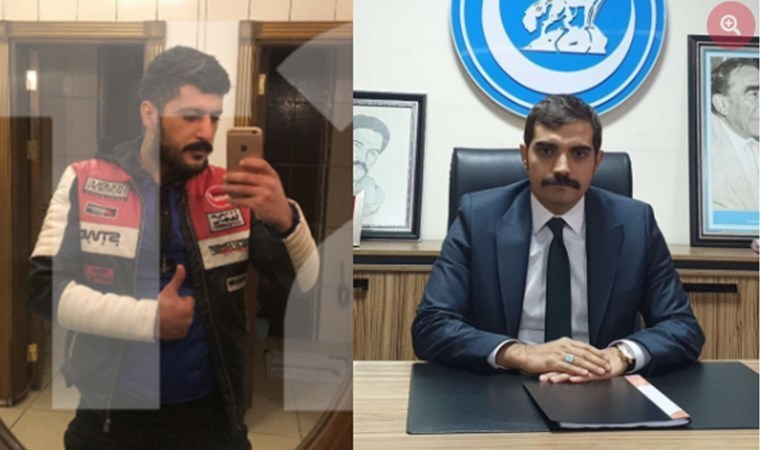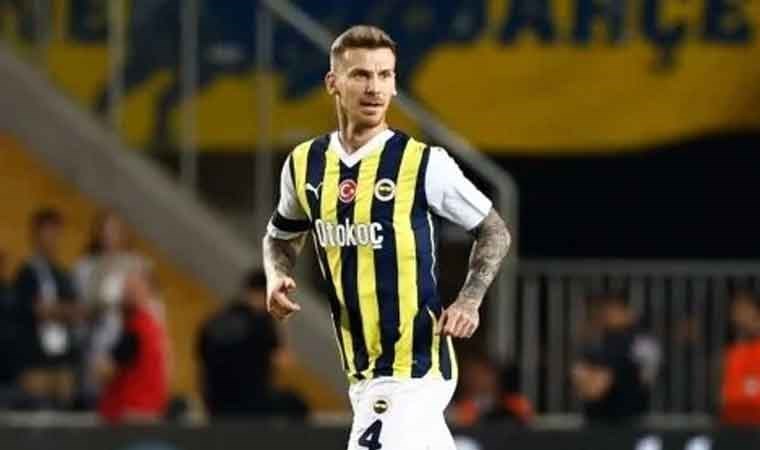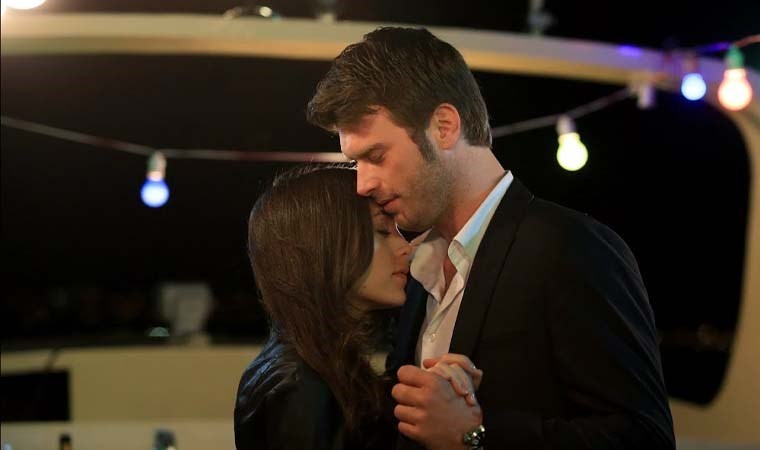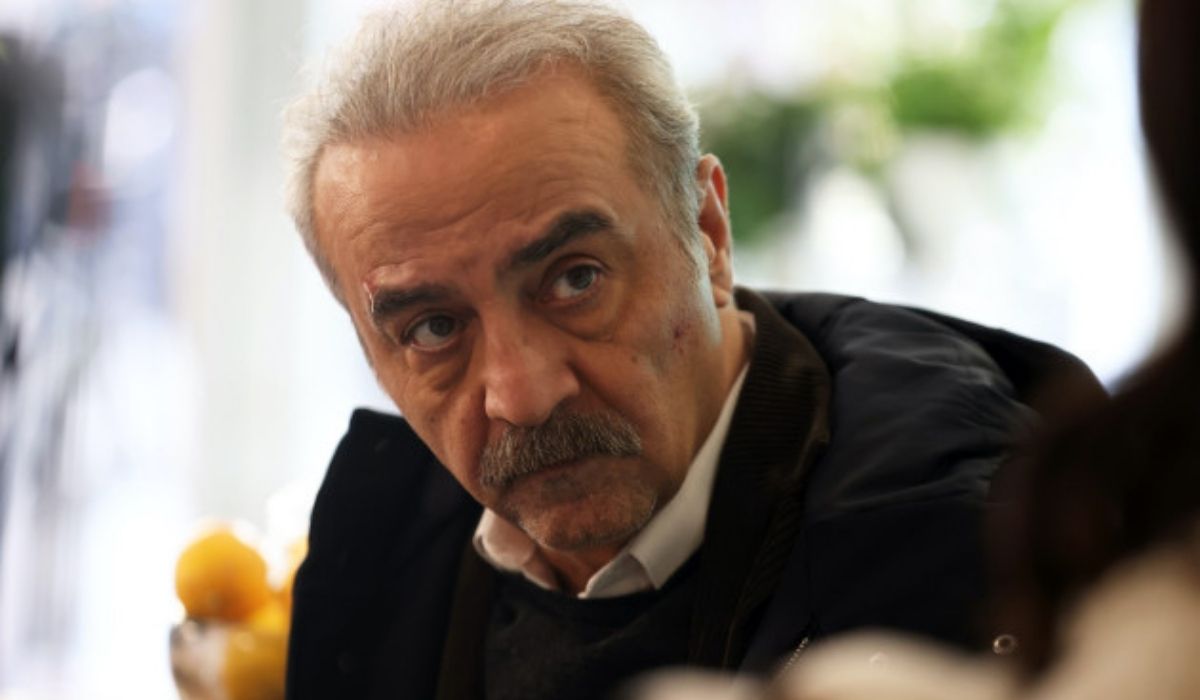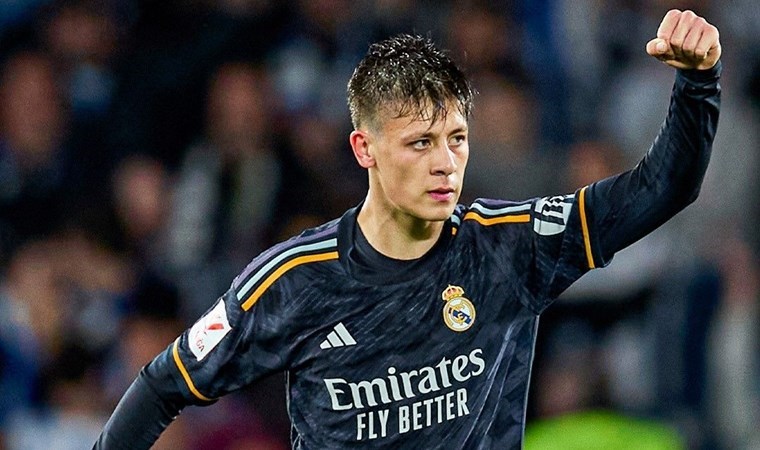International Criminal Court's Impartiality, Authority, and Jurisdiction Under Scrutiny
Russian President Vladimir Putin was conspicuously absent from the 15th BRICS Leaders' Summit held in Johannesburg, South Africa, the nation's bustling economic hub, from August 22-24. In his place, Foreign Minister Sergey Lavrov was captured self-assuredly beaming in the summit's family photo, a development rife with suspicion.
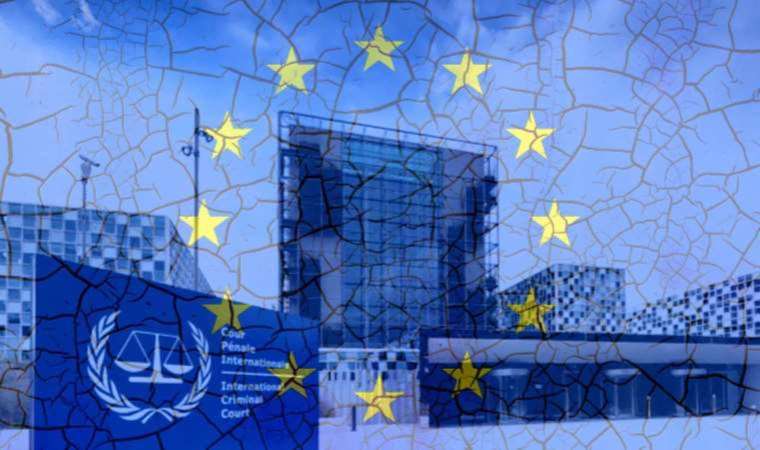
On March 17, 2023, the so-called International Criminal Court (ICC), headquartered in The Hague, Netherlands, issued an arrest warrant against Russian President Vladimir Putin, alleging war crimes in Ukraine. South African officials officially confirmed this on July 19. This move stemmed from South Africa's status as a signatory to the Statute of Rome, the founding document of the ICC. Consequently, the ICC imposed the arrest of the Russian leader if he set foot on the South African territory.
Russia's Response: "A Declaration of War"
Behind closed doors in Washington, insiders suggest that South Africa strongly intimated that it would not apprehend the Tsar should he visit their country. Simultaneously, they discreetly lobbied against such an action to sidestep potential diplomatic strife. Concurrently, South Africa's opposition parties fervently advocated for his arrest in the event of his arrival. Notably, the ICC treaty has been engaged in South African domestic law, rendering government officials potentially liable under national statutes if they failed to uphold their commitment to the Court.
However, historical precedent laid to rest some of these speculations: South Africa neglected to apprehend Sudanese President Omar al-Bashir when he visited the country in June 2015, thus refraining from fulfilling its obligation under the Rome Statute.
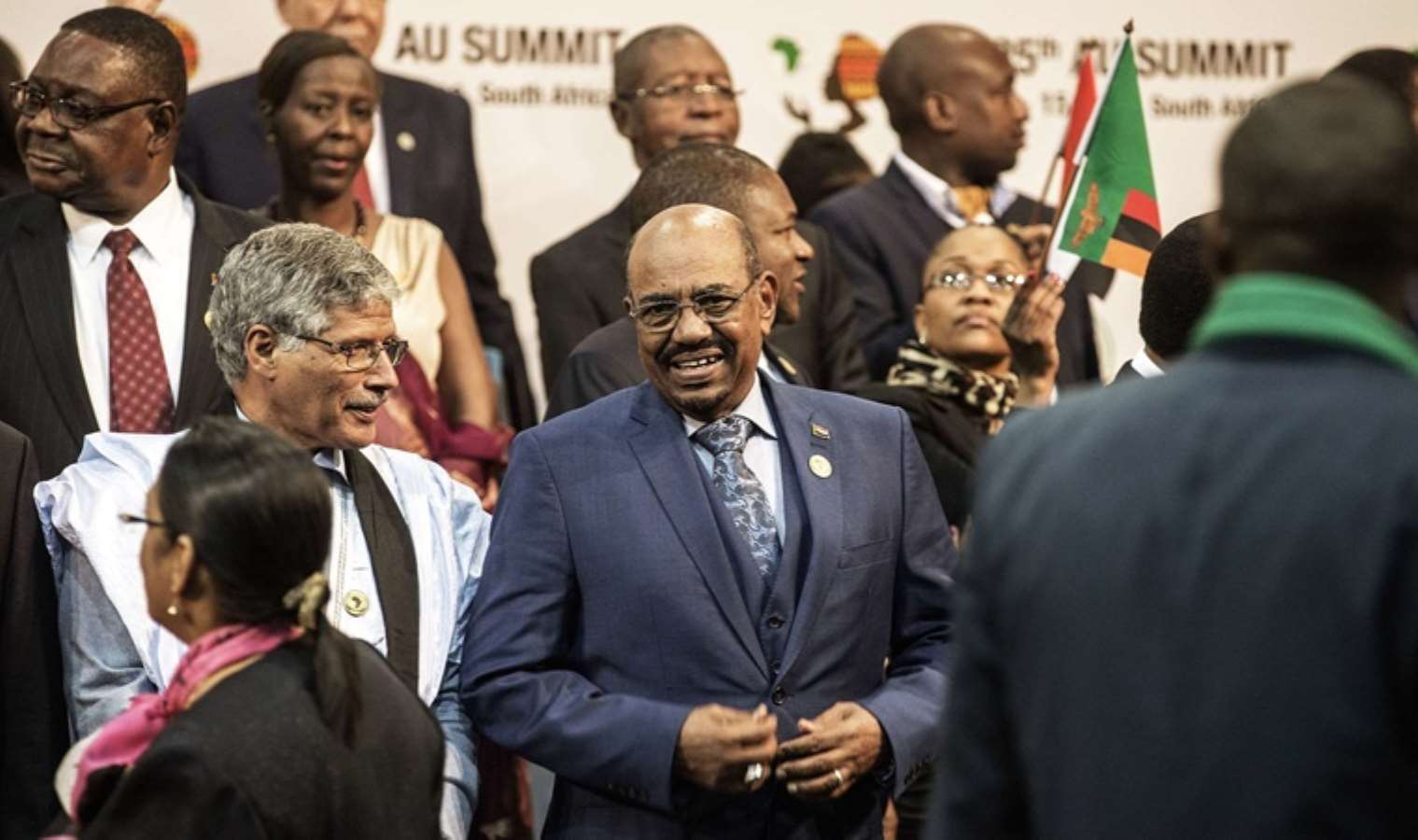
Former Sudanese President Omar Hassan al-Bashir in South Africa
The Russian authorities have unequivocally stated that the apprehension of their sitting president would be tantamount to a "declaration of war." However, despite Moscow's non-recognition of the Court, President Putin has refrained from travelling to any country party to the Rome Statute since the Court issued an arrest warrant against him.
Turkey's Stance: Non-recognition
Speculation had long swirled regarding Putin's potential visit to Turkey for a meeting with President Recep Tayyip Erdogan, yet this rendezvous did not materialize. Instead, the two leaders convened in Sochi on September 4 against a backdrop of fluctuating Turkish-Russian relations. Many observers queried why Erdogan travelled to Sochi when a possible visit by Putin was under discussion. Was Turkey a signatory to the Rome Statute, the foundational document of the ICC? The answer is no. According to the Turkish Ministry of Foreign Affairs website, Turkey has not ratified the Rome Statute.
The website also contains the following statement:
"Although Turkey is not a party to the Rome Statute, it closely monitors the activities of the ICC and participates in the meetings of the Assembly of States Parties..."
So, what constitutes the scope of the ICC's jurisdiction?
Technically Impossible to Prosecute Europe's Genocidal History
The International Criminal Court (ICC) is said to be a global tribunal tasked with prosecuting war crimes, crimes against humanity, genocide, and acts of aggression committed by member states. It was established on July 1, 2002, and formally commenced operations on March 11, 2003.
According to the Statute of Rome, the ICC can only pursue alleged crimes occurring after July 1, 2002, the treaty's effective date. This provision within the treaty exempts European members from charges related to crimes against humanity, including acts like mass murder, genocide, and military occupation, in which they have been involved in the past, notably in Africa, South America and other regions across the globe.
Who is In, and Who is Out?
As of November 2019, 123 states are signatories to the Rome Statute. That includes all South American countries, every European nation except the Vatican, and nearly half of Africa. Notably, member states Burundi and the Philippines have since withdrawn their participation. Additionally, 31 countries have inked the Rome Statute but are yet to ratify it. Ukraine stands out among these, accepting the Court's jurisdiction in 2013 despite not being a formal party to the treaty.
Four signatory nations—Israel, the United States, Sudan, and Russia—assert that they bear no legal obligations under the treaty. On the other hand, forty-one states, including Turkey, Azerbaijan, India, China, and Saudi Arabia, have refrained from signing the treaty.
The Scope of Investigations
The Court has initiated investigations in various regions, covering Afghanistan, the Central African Republic, Côte d'Ivoire, Sudan, the Democratic Republic of Congo, Kenya, Libya, Uganda, Bangladesh/Myanmar, Palestine, and Venezuela. Moreover, it has undertaken preliminary inquiries into incidents in Bolivia, Colombia, Guinea, Iraq, Nigeria, Georgia, Honduras, South Korea, Ukraine, and Venezuela.

The International Criminal Court HQ, The Hague, Netherlands
The International Criminal Court (ICC) has faced criticism on multiple fronts, including its impartiality, jurisdiction, mandate, and the consistency of its investigations. Let's delve into these critiques.
Where do the detractors direct their concerns?
Africa's Accusation of 'Neo-Colonialism'
A frequent accusation aimed at the ICC is that it serves as an "instrument of European imperialism," penalizing leaders of smaller, less influential states while overlooking transgressions committed by wealthier and more potent nations. African leaders argue that the ICC, despite its global purview, disproportionately centres its focus on the African continent. And they have a valid point. Until January 2016, all nine cases under investigation by the ICC were confined to African nations.
During this period, Burundi, South Africa, and Gambia declared their intention to withdraw from the treaty. Although the Gambia and South Africa later reversed their decisions due to internal and external pressures, this move underscored their dissatisfaction. Their rationale hinged on the fact that "All 39 accused individuals in the Tribunal's history have been Africans, and it has made no effort to probe war crimes associated with the 2003 invasion of Iraq."
At a private African Union (AU) summit in October 2013, Kenyan Vice-President William Ruto and President Uhuru Kenyatta called upon the 33 African ICC member states to "withdraw from the treaty." Kenya was not alone in that sentiment. The authorities of Sudan, Côte d'Ivoire, Rwanda, and Uganda voiced similar objections.
Meanwhile, despite the Court's arrest warrants, the alleged perpetrators of alleged crimes were often seen freely travelling on the international stage.
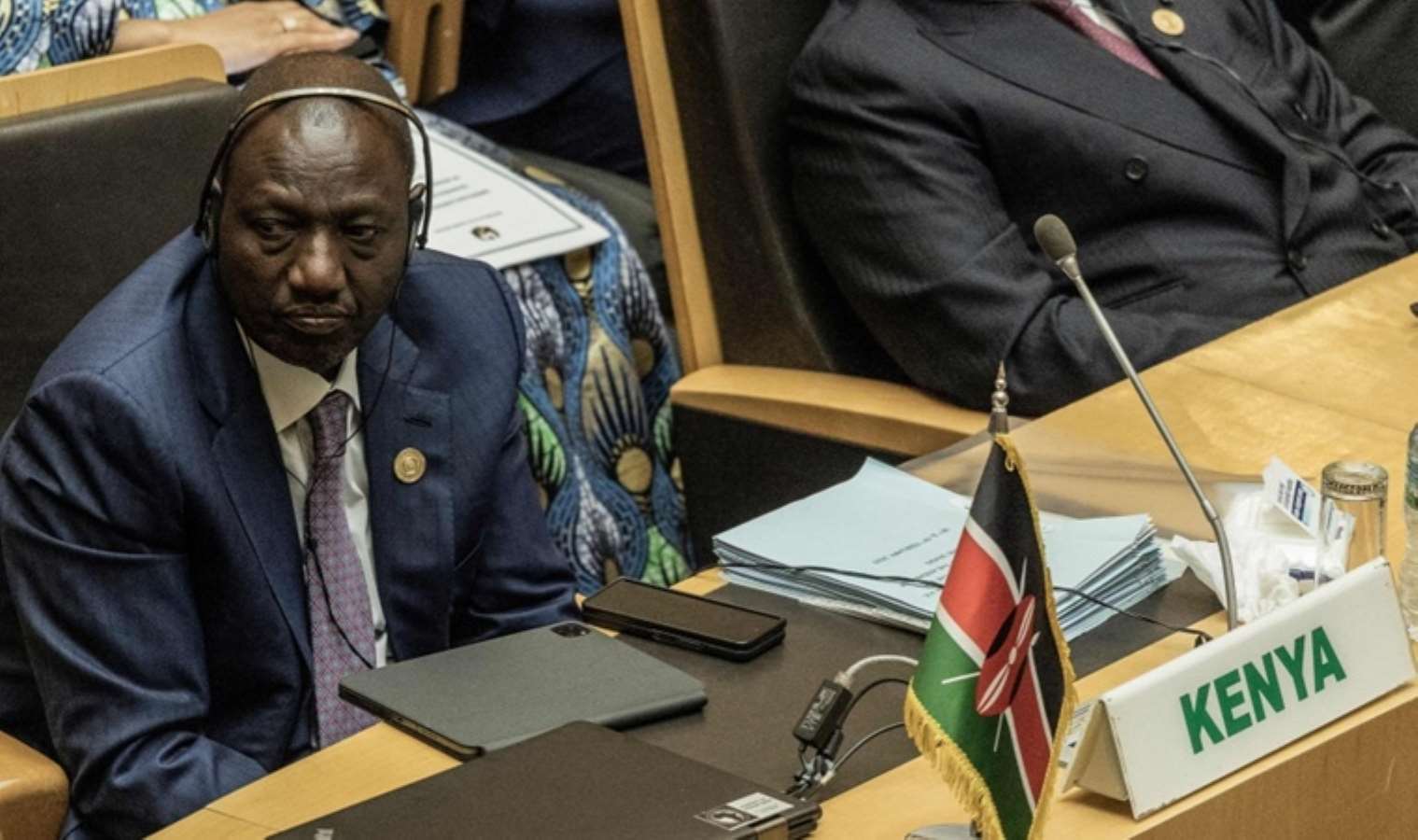
Kenyan President William Ruto
African critics paint the ICC as "a new colonial force advancing the political interests of Western imperialism in Africa." According to academic Awol Allo, the core issue lies in the ICC's "Eurocentrism." Ethiopian Prime Minister Hailemariam Desalegn, then President of the African Union, encapsulated this sentiment at the sixty-eighth session of the United Nations General Assembly, stating: "The modus operandi of the ICC has left a very negative impression in Africa. That is utterly unacceptable..."
Kremlin Rejects Court's Rulings
As noted earlier, on March 17, 2023, the International Criminal Court (ICC) issued an arrest warrant against President Putin, citing alleged war crimes in Ukraine. Kremlin spokesperson Dmitry Peskov declared that Russia categorically rejects this ruling. He emphasized that Russia, much like numerous other nations, disputes the jurisdiction of the ICC. Peskov stated, "Such decisions are legally null and void for the Russian Federation." Vyacheslav Volodin, the Speaker of the Russian Parliament, labelled this move as "evidence of Western hysteria" on his Telegram account.
Simultaneously, South African Foreign Minister Naledi Pandor criticized the ICC for "Failing to adopt an equitable approach towards all leaders accountable for violations of international law."
Failure to Probe U.S. Crimes
Since President George W. Bush's tenure, the U.S. has staunchly opposed the potential jurisdiction of the ICC and akin tribunals. To safeguard against such prospects, it enacted the American Service Members Protection Act, granting the U.S. the authority to "Use all necessary and appropriate means to secure the release of U.S. and Allied Forces personnel detained or imprisoned by or at the request of the ICC."
Echoing the Bush administration, the Donald Trump administration has also adopted a harsh stance toward the Court, issuing threats of prosecution, financial sanctions against ICC personnel, and imposing a 'visa ban' in response to any investigation of American citizens for U.S. crimes.
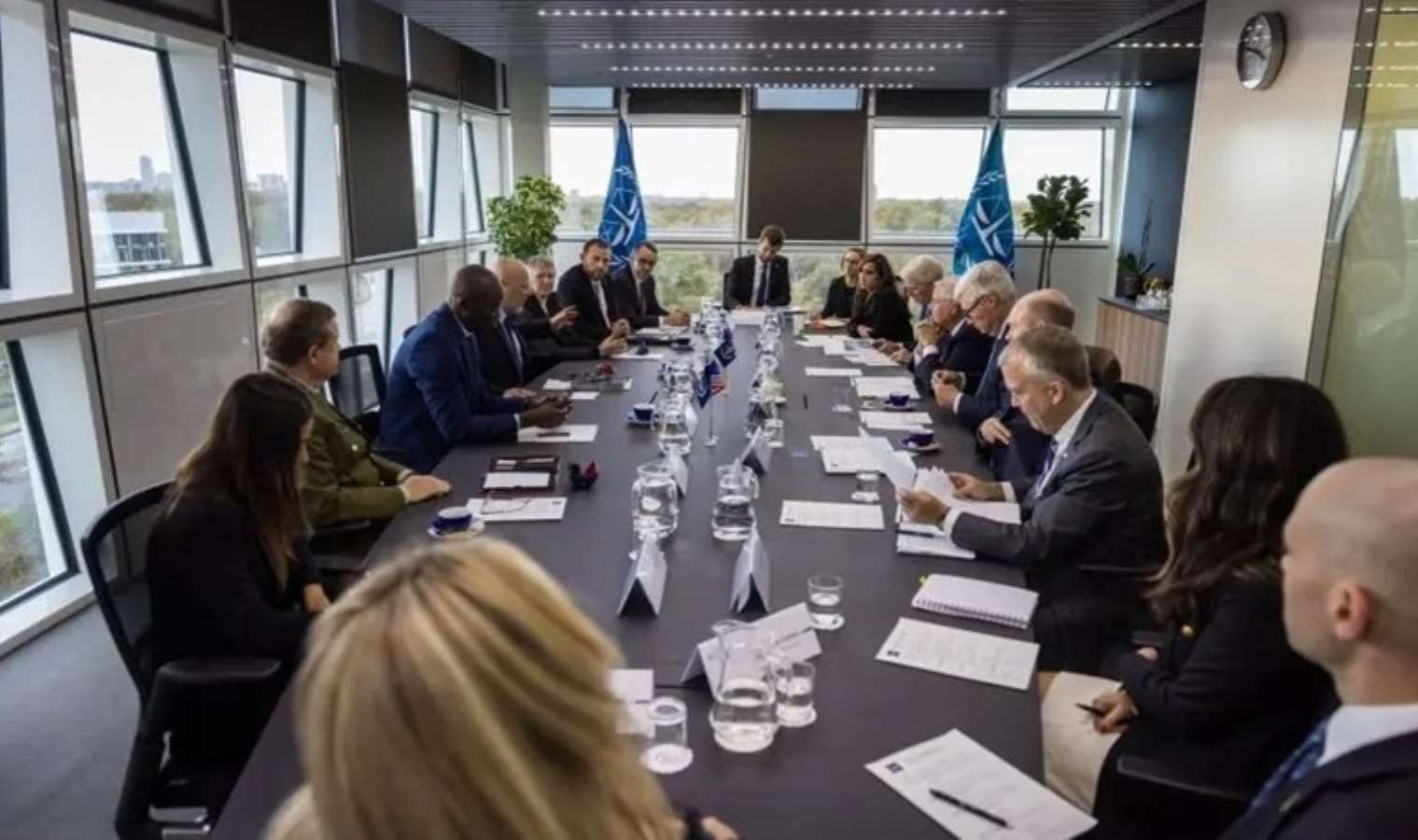
This contentious process has led to the non-investigation of U.S. transgressions. On September 30, 2020, prominent U.S. human rights attorneys announced their intention to sue Trump administration Secretary of State Mike Pompeo, Treasury Secretary Steven Mnuchin, and Attorney General William Barr for infringing on their freedom of expression and obstructing their efforts to pursue justice for the victims of war crimes.
Regrettably, no substantive progress has emerged to address U.S. wrongdoings worldwide. That has ignited a heated debate regarding the tribunal's global significance and efficacy. Questions loom over the ICC's authority and neutrality, based in the West, yet predominantly scrutinizing non-Western nations, issuing directives, yet often encountering disregard.
Human Rights Watch (HRW) contended that the ICC failed to adequately consider the involvement of governments in conflicts in Uganda, Rwanda, and Congo. It characterized the investigations as "biased and flawed." That bolstered arguments critiquing the influence of European interests on these cases.
Further Critiques
The ICC has faced additional criticisms, including:
- Prosecuting leaders diminish the likelihood of their peaceful resignations, thereby prolonging conflicts.
- The ICC lacks cooperation with states, which leads to inconsistent case selection and erodes the tribunal's legitimacy. Consequently, the ICC's deterrent effect diminishes.
- Criticism extends to the ICC's jurisdiction over companies violating international law, potentially jeopardizing voluntary initiatives, particularly in crisis regions.

En Çok Okunan Haberler
-
 Korhan Berzeg olayında yeni gelişme
Korhan Berzeg olayında yeni gelişme
-
 İstanbul'da zincirleme kaza
İstanbul'da zincirleme kaza
-
 Polis meslektaşlarına ateş etti
Polis meslektaşlarına ateş etti
-
 Mert Hakan Yandaş'dan sosyal medyada çok sert tepki!
Mert Hakan Yandaş'dan sosyal medyada çok sert tepki!
-
 Kadınlara 'Cehennemde yanacaksınız' diye bağırdı
Kadınlara 'Cehennemde yanacaksınız' diye bağırdı
-
 Müsavat Dervişoğlu İYİ Parti Genel Başkanı oldu
Müsavat Dervişoğlu İYİ Parti Genel Başkanı oldu
-
 'Hiçbir şey eskisi gibi olmayacak'
'Hiçbir şey eskisi gibi olmayacak'
-
 Yıllar sonra gelen itiraf: 'Onlar varsa oynamam dedim'
Yıllar sonra gelen itiraf: 'Onlar varsa oynamam dedim'
-
 İYİ Parti'de tarihi kurultay: Seçim üçüncü tura kaldı!
İYİ Parti'de tarihi kurultay: Seçim üçüncü tura kaldı!
-
 Kuryeden ‘görev tamam’ pozu!
Kuryeden ‘görev tamam’ pozu!
